Delve Into Devon
Devon is a region steeped in rich history, breath-taking landscapes, and a vibrant tapestry of cultural heritage.
Here at Devon Delights, we are proud to be part of this remarkable community, sharing its treasures with you.
Coastline of Contrasts
Devon boasts a unique geographical distinction: it is the only county in England with two distinct coastlines. On the North coast, you will find dramatic, rugged cliffs that stand tall against the crashing waves of the Atlantic Ocean. These cliffs offer breathtaking views and are home to a variety of wildlife, making them a haven for nature lovers and adventure seekers alike. Popular spots like Ilfracombe, Woolacombe, and the striking Hartland Point provide perfect settings for hiking, rock climbing, and exploring hidden coves.
In stark contrast, the South coast of Devon reveals a more serene and tranquil beauty. Here, you’ll discover picturesque beaches with golden sands and gentle waves, perfect for family outings, leisurely swims, and sunbathing. Coastal towns such as Torquay, Paignton, and Salcombe are quintessential seaside destinations, offering charming promenades and bustling harbours.
In stark contrast, the South coast of Devon reveals a more serene and tranquil beauty. Here, you’ll discover picturesque beaches with golden sands and gentle waves, perfect for family outings, leisurely swims, and sunbathing. Coastal towns such as Torquay, Paignton, and Salcombe are quintessential seaside destinations, offering charming promenades and bustling harbours.
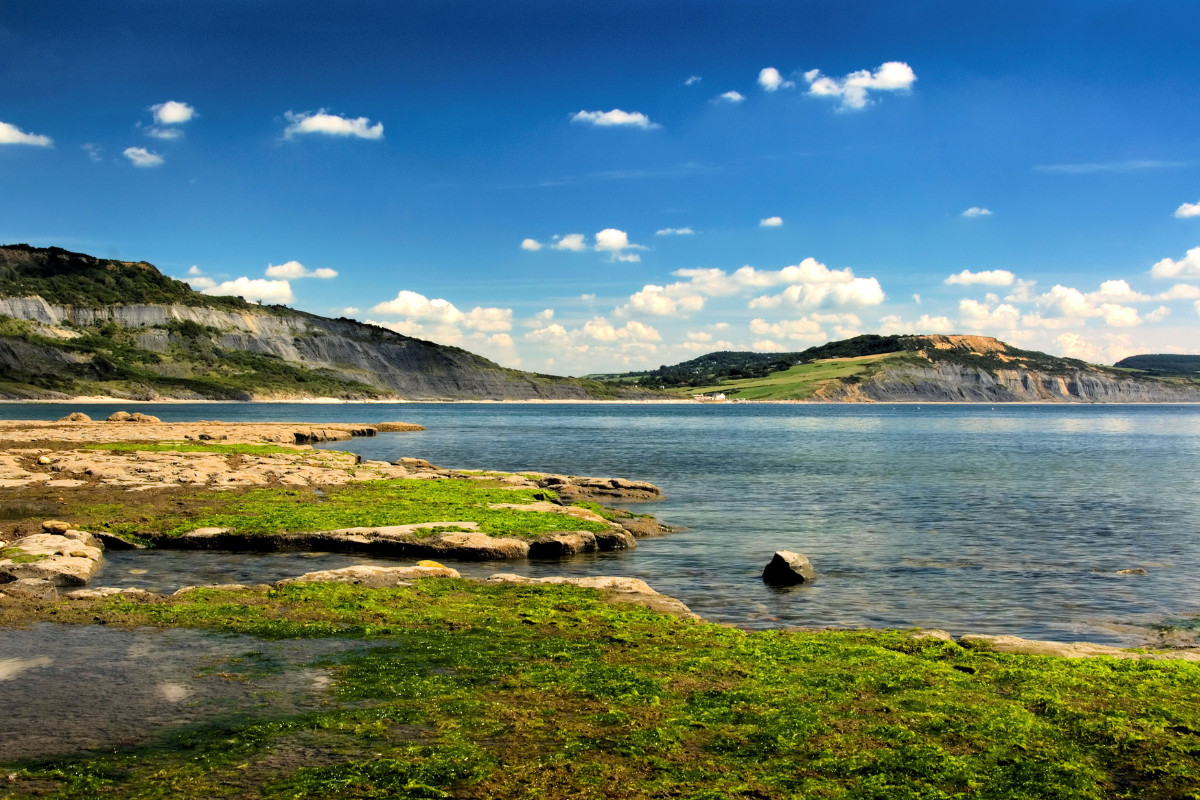
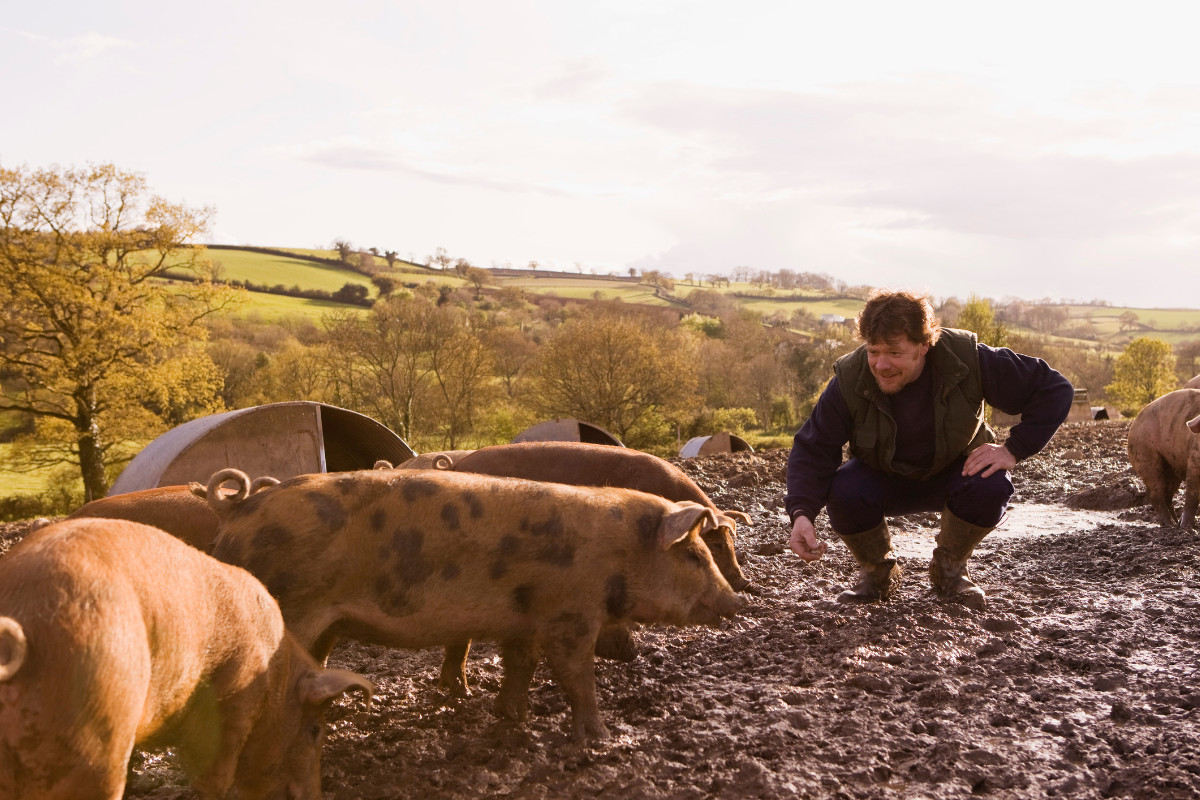
Home to Historical Towns and Villages
Devon is a treasure trove of history, boasting some of England’s most charming and historic towns and villages. The county is steeped in rich heritage, with each location offering a unique glimpse into the past.
Take the naval city of Plymouth, for instance. This vibrant city is renowned for its maritime history and is famously the departure point for the Pilgrim Fathers, who set sail on the Mayflower in 1620, seeking a new life in the New World. Plymouth’s historic Barbican district is a must-visit, with its cobbled streets, ancient buildings, and the Mayflower Steps, commemorating the Pilgrims’ departure.
Inland, the market town of Totnes stands as a beacon of medieval charm. With its well-preserved Norman castle and a bustling market that dates to Saxon times, Totnes offers a fascinating blend of history and contemporary culture.
Take the naval city of Plymouth, for instance. This vibrant city is renowned for its maritime history and is famously the departure point for the Pilgrim Fathers, who set sail on the Mayflower in 1620, seeking a new life in the New World. Plymouth’s historic Barbican district is a must-visit, with its cobbled streets, ancient buildings, and the Mayflower Steps, commemorating the Pilgrims’ departure.
Inland, the market town of Totnes stands as a beacon of medieval charm. With its well-preserved Norman castle and a bustling market that dates to Saxon times, Totnes offers a fascinating blend of history and contemporary culture.
Dartmoor National Park
Dartmoor, one of the UK’s largest and wildest national parks, is a mystical land teeming with rich folklore and history. Covering an expansive area of 368 square miles, Dartmoor is renowned for its rugged landscapes, granite tors, and sweeping moorlands, offering a haven for outdoor enthusiasts and those seeking to connect with nature.
The park’s dramatic terrain is dotted with ancient monuments and archaeological sites that speak to its long and storied past. Stone circles, standing stones, and burial mounds are scattered across the moor, remnants of Bronze Age civilizations that once inhabited this area. One of the most famous sites is Grimspound, a well-preserved Bronze Age settlement that provides a fascinating glimpse into prehistoric life.
The park’s dramatic terrain is dotted with ancient monuments and archaeological sites that speak to its long and storied past. Stone circles, standing stones, and burial mounds are scattered across the moor, remnants of Bronze Age civilizations that once inhabited this area. One of the most famous sites is Grimspound, a well-preserved Bronze Age settlement that provides a fascinating glimpse into prehistoric life.
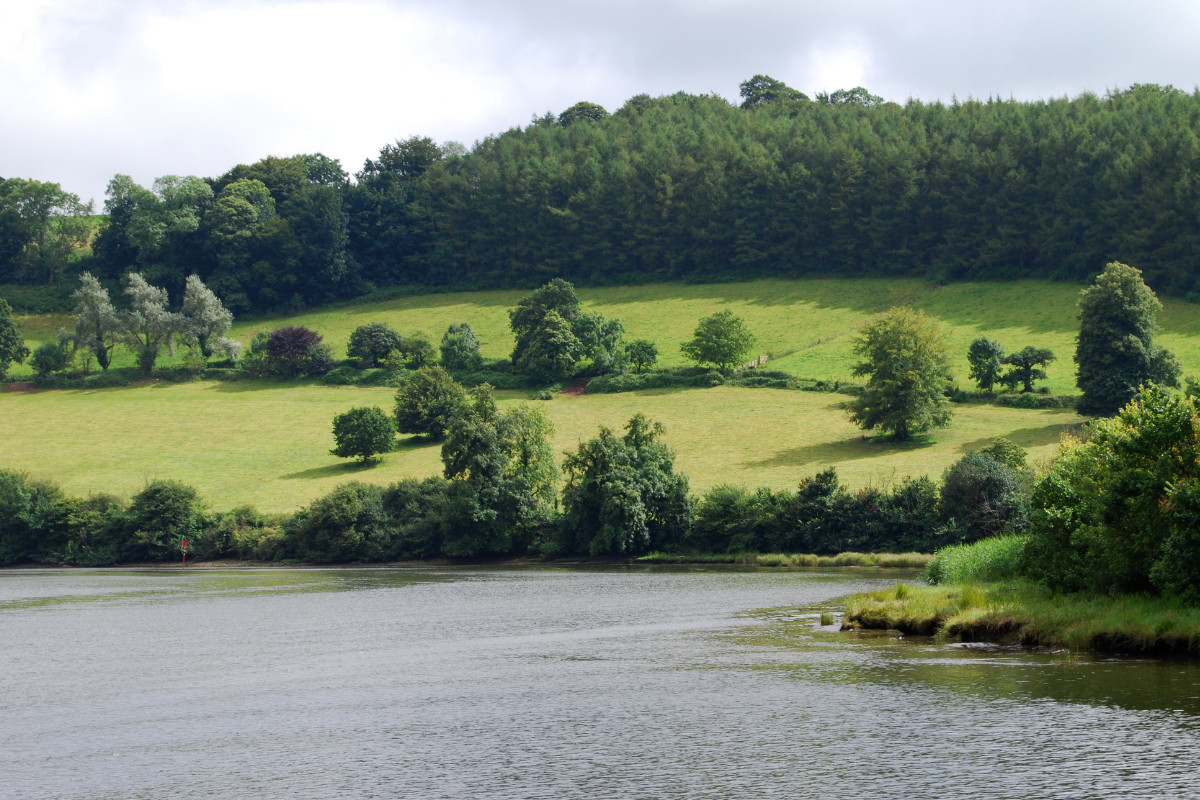
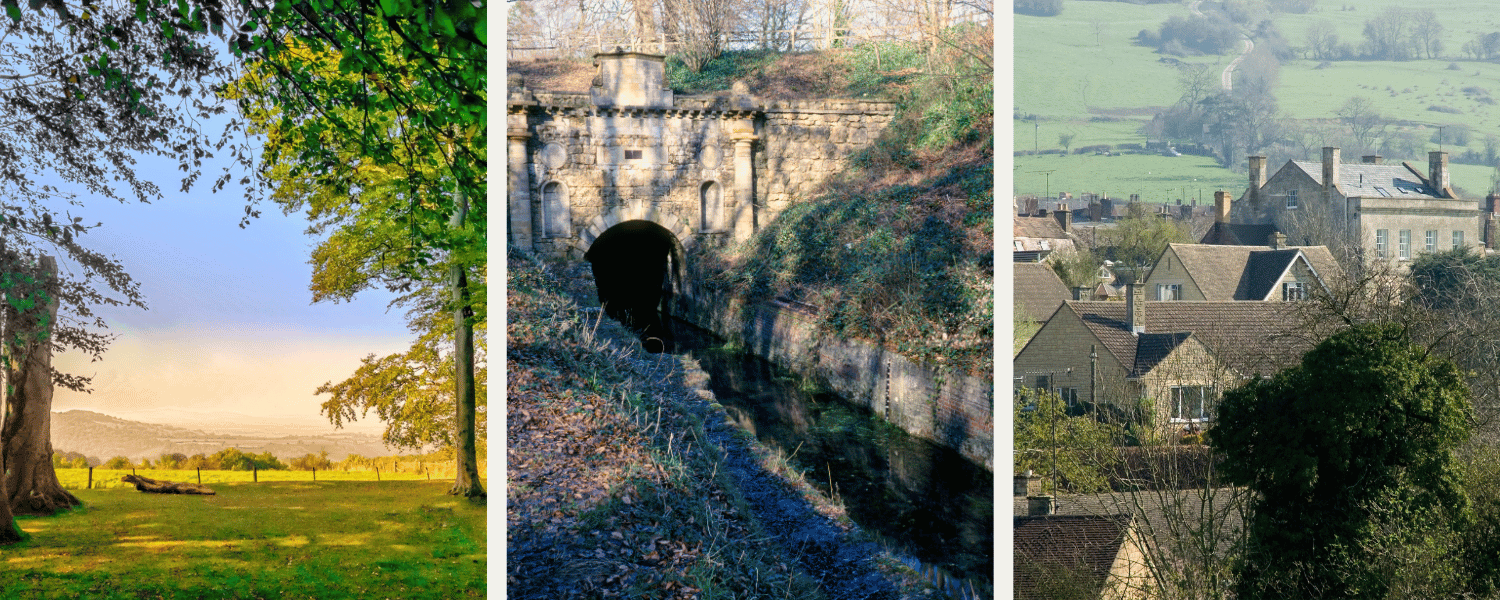
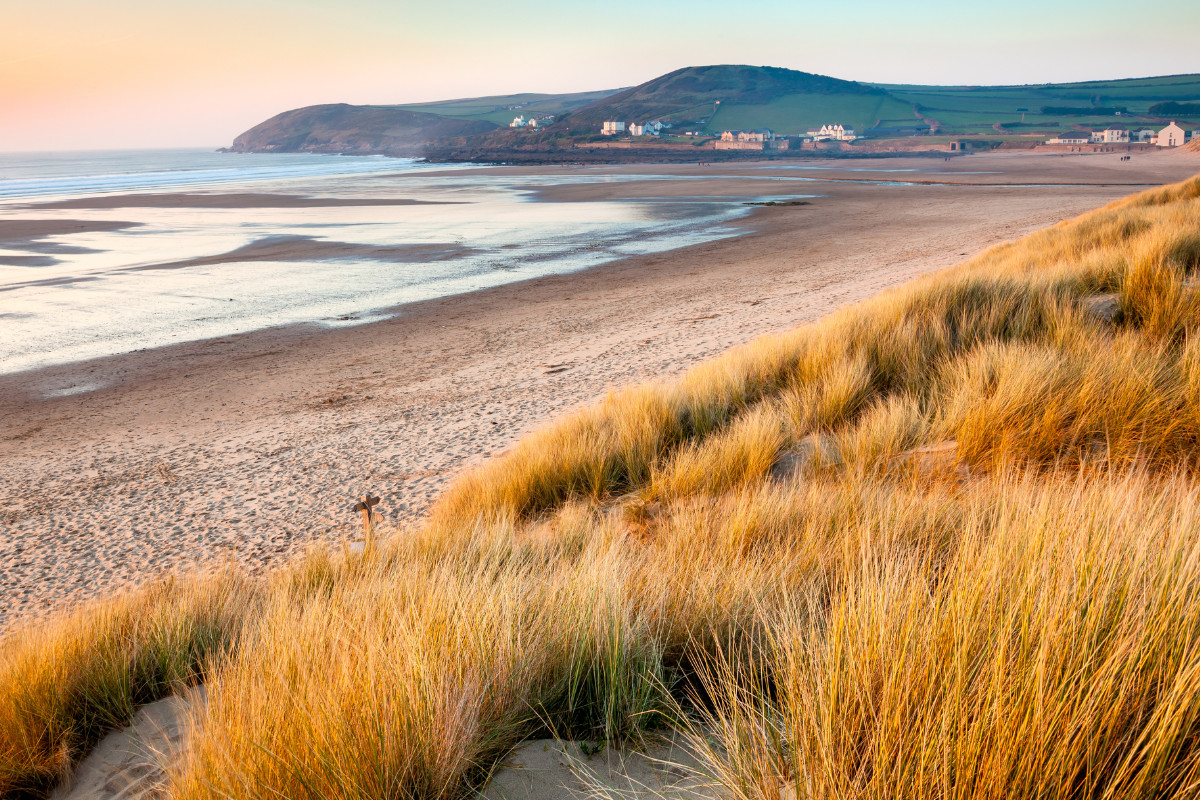
Haven for Literary Inspiration
Devon’s enchanting scenery has been the backdrop for many famous literary works, serving as a haven for authors seeking inspiration from its picturesque landscapes. One of the most notable literary figures connected to Devon is Agatha Christie, the renowned “Queen of Crime.” Born in Torquay, Devon, Christie drew extensively from the county’s settings for her iconic novels.
The rugged coastline, quaint villages, and stately homes of Devon appear throughout Christie’s works, adding a rich, atmospheric layer to her mysteries. The Burgh Island Hotel, located on a tidal island off the south coast of Devon, inspired the setting for her novel “And Then There Were None,” one of her most famous and chilling tales. Similarly, Greenway Estate, Christie’s beloved summer home near the River Dart, is a focal point for fans who wish to walk in the footsteps of the famous author and see where she penned some of her works.
Birthplace of Cream Tea
Devon is famously credited with the origin of the cream tea, a quintessential British treat.
Lundy Island
Nestled in the Bristol Channel, Lundy Island is Devon’s own slice of maritime mystery. Managed by the Landmark Trust on behalf of the National Trust, Lundy offers an escape into wilderness and isolation unlike any other in England.
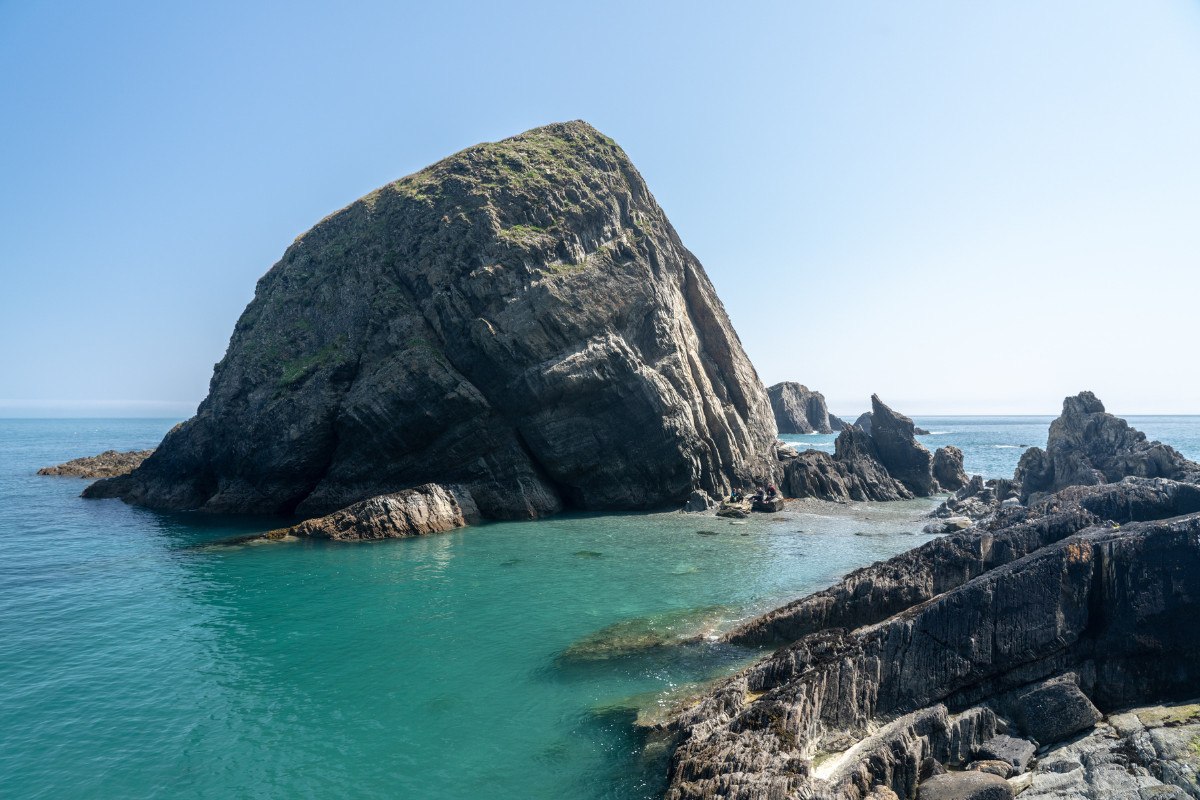

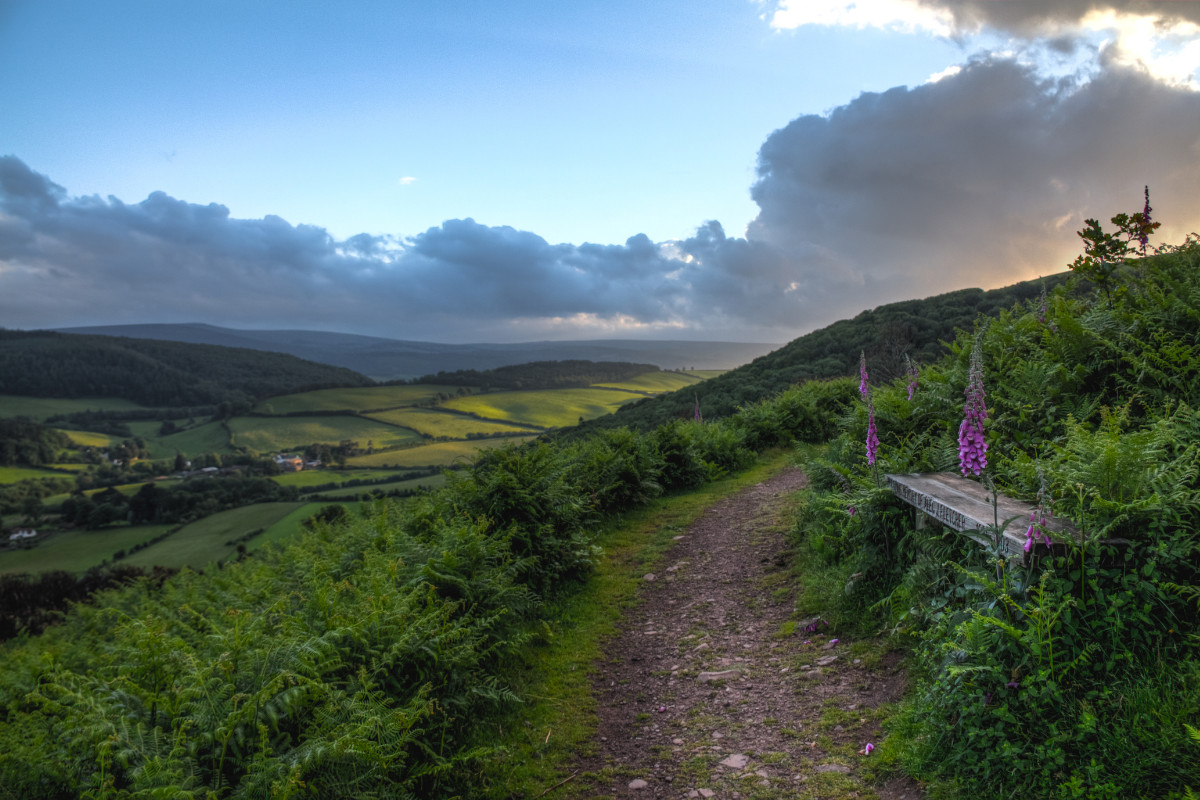
The Jurassic Coast
Stretching from East Devon to Dorset, the Jurassic Coast is a UNESCO World Heritage Site famed for its stunning cliffs, fossil-filled beaches, and geological wonders spanning 185 million years of the Earth’s history.
The Legendary Exmoor National Park
Bordering North Devon, Exmoor National Park is famed for its breathtaking landscapes, dark skies, and the mysterious Exmoor Beast legend.
The Devonshire Dart Valley
The Dart Valley in Devon is a verdant paradise, showcasing some of the most scenic stretches of the River Dart.
The Devonshire Pasty
While Cornwall is typically synonymous with the Cornish pasty, Devon has its own version of this beloved pastry. The Devonshire pasty, traditionally filled with a mix of beef, vegetables, and a layer of apple for a hint of sweetness.

